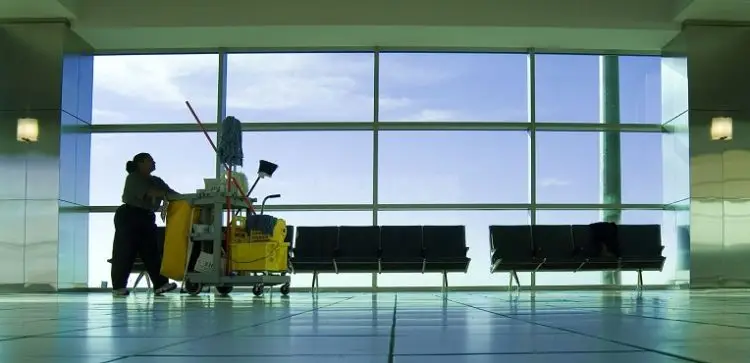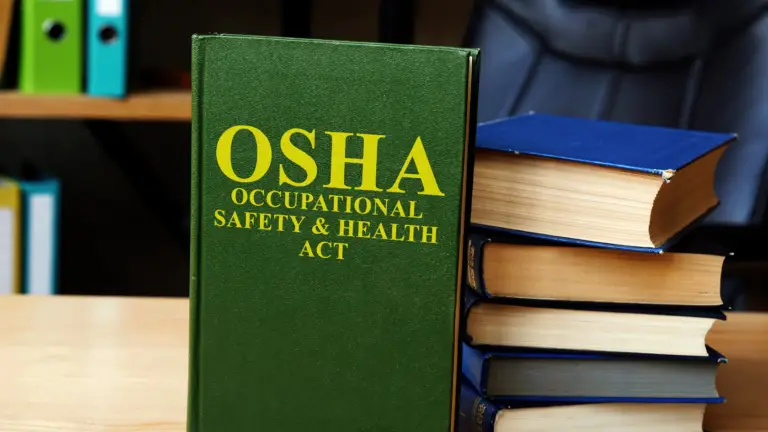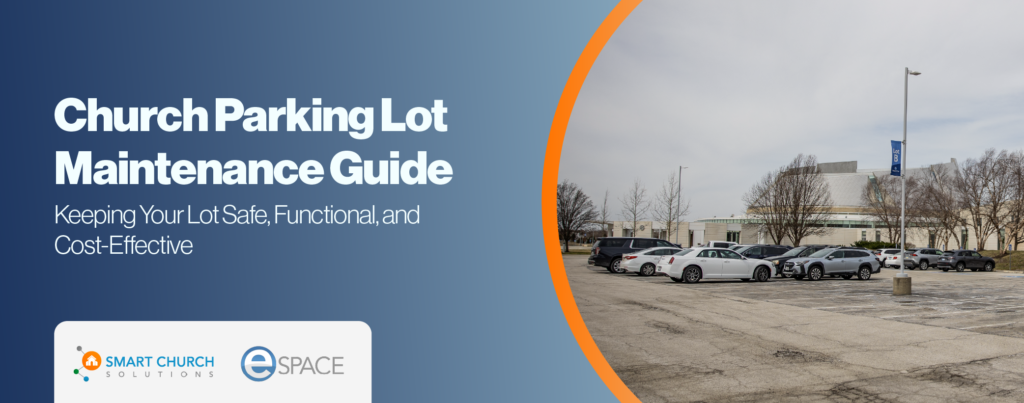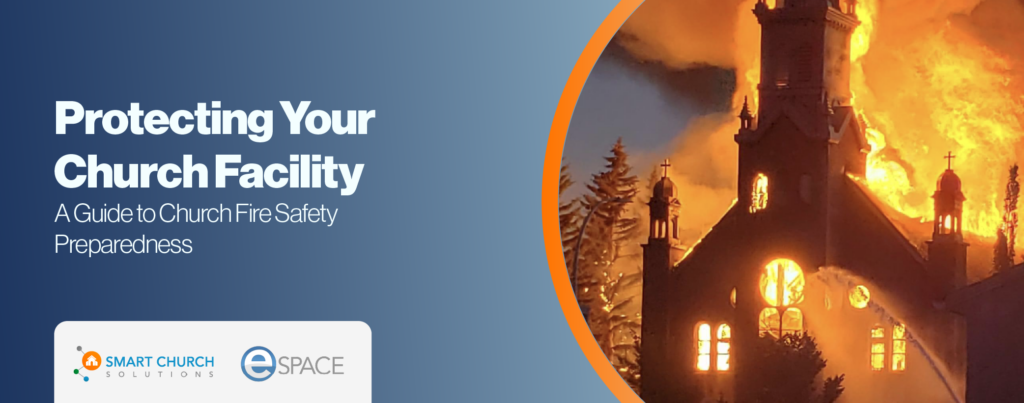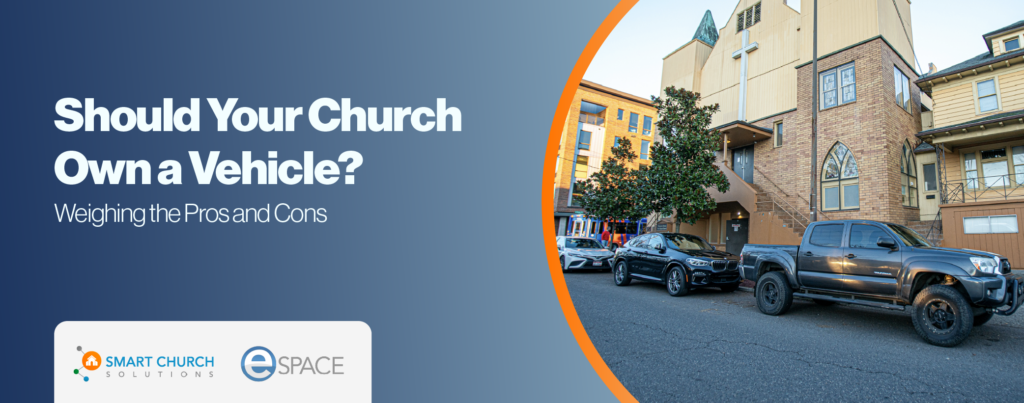I hate to sound like a broken record (for those of you in your 30’s or younger, that is an oversized CD that was made of vinyl to play music), but I want to reinforce a couple facts:
- Everything on Earth belongs to God
- That means that God has entrusted all things to us to care for and steward…including our ministry facilities
- All buildings (churches and otherwise) deteriorate at a rate of 1-4% per year
- The rate of deterioration can more than double if we do not stay current with the natural rate of deterioration
Let’s Read The Text
These are facts….indisputable and part of the laws of nature…that God created. So, if we believe and accept these tenets, we must be compelled to set aside funds to care of the assets entrusted to us.
This is not a new premise…or a 21st century thing suddenly brought to the forefront given the recent economic down turn. Actually this is an age old directive. Take a minute and read the following from 2 Kings 12: 1-16:
1 Joash began to rule over Judah in the seventh year of King Jehu’s reign in Israel. He reigned in Jerusalem for forty years. His mother was Zibiah from Beersheba. 2 All his life Joash did what was pleasing in the LORD’s sight because Jehoiada the priest instructed him. 3 Yet even so, he did not destroy the pagan shrines, and the people still offered sacrifices and burned incense there.
4 One day King Joash said to the priests, “Collect all the money brought as a sacred offering to the LORD’s Temple, whether it is a regular assessment, a payment of vows, or a voluntary gift. 5 Let the priests take some of that money to pay for whatever repairs are needed at the Temple.”
6 But by the twenty-third year of Joash’s reign, the priests still had not repaired the Temple.7 So King Joash called for Jehoiada and the other priests and asked them, “Why haven’t you repaired the Temple? Don’t use any more money for your own needs. From now on, it must all be spent on Temple repairs.” 8 So the priests agreed not to accept any more money from the people, and they also agreed to let others take responsibility for repairing the Temple.
9 Then Jehoiada the priest bored a hole in the lid of a large chest and set it on the right-hand side of the altar at the entrance of the Temple of the LORD. The priests guarding the entrance put all of the people’s contributions into the chest. 10 Whenever the chest became full, the court secretary and the high priest counted the money that had been brought to the LORD’s Temple and put it into bags. 11 Then they gave the money to the construction supervisors, who used it to pay the people working on the LORD’s Temple—the carpenters, the builders, 12 the masons, and the stonecutters. They also used the money to buy the timber and the finished stone needed for repairing the LORD’s Temple, and they paid any other expenses related to the Temple’s restoration.
13 The money brought to the Temple was not used for making silver bowls, lamp snuffers, basins, trumpets, or other articles of gold or silver for the Temple of the LORD. 14 It was paid to the workmen, who used it for the Temple repairs. 15 No accounting of this money was required from the construction supervisors, because they were honest and trustworthy men. 16 However, the money that was contributed for guilt offerings and sin offerings was not brought into the LORD’s Temple. It was given to the priests for their own use.
Thoughts/Reflections
I may be biased…but it sure sounds like they had a Capital Reserve plan, even if it was set up late in the game. It also looks like some of the leaders thought it was actually a “rainy day” fund and spent the money for their own subsistence (sound familiar to any of you?).
In verse 16 it even indicates that the special offerings were to be used for sustaining life for the priests, but not the funds designated for the repair, upkeep, and maintenance of the temple. I believe in this principle so strongly that we developed a Life Cycle/Capital Reserve Calculator that is included with your eSPACE subscription. There is no excuse to not have an intentional long-term plan to steward what God has entrusted to you. What are you waiting for?



